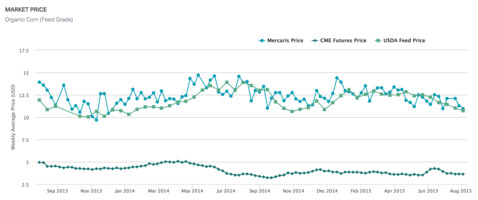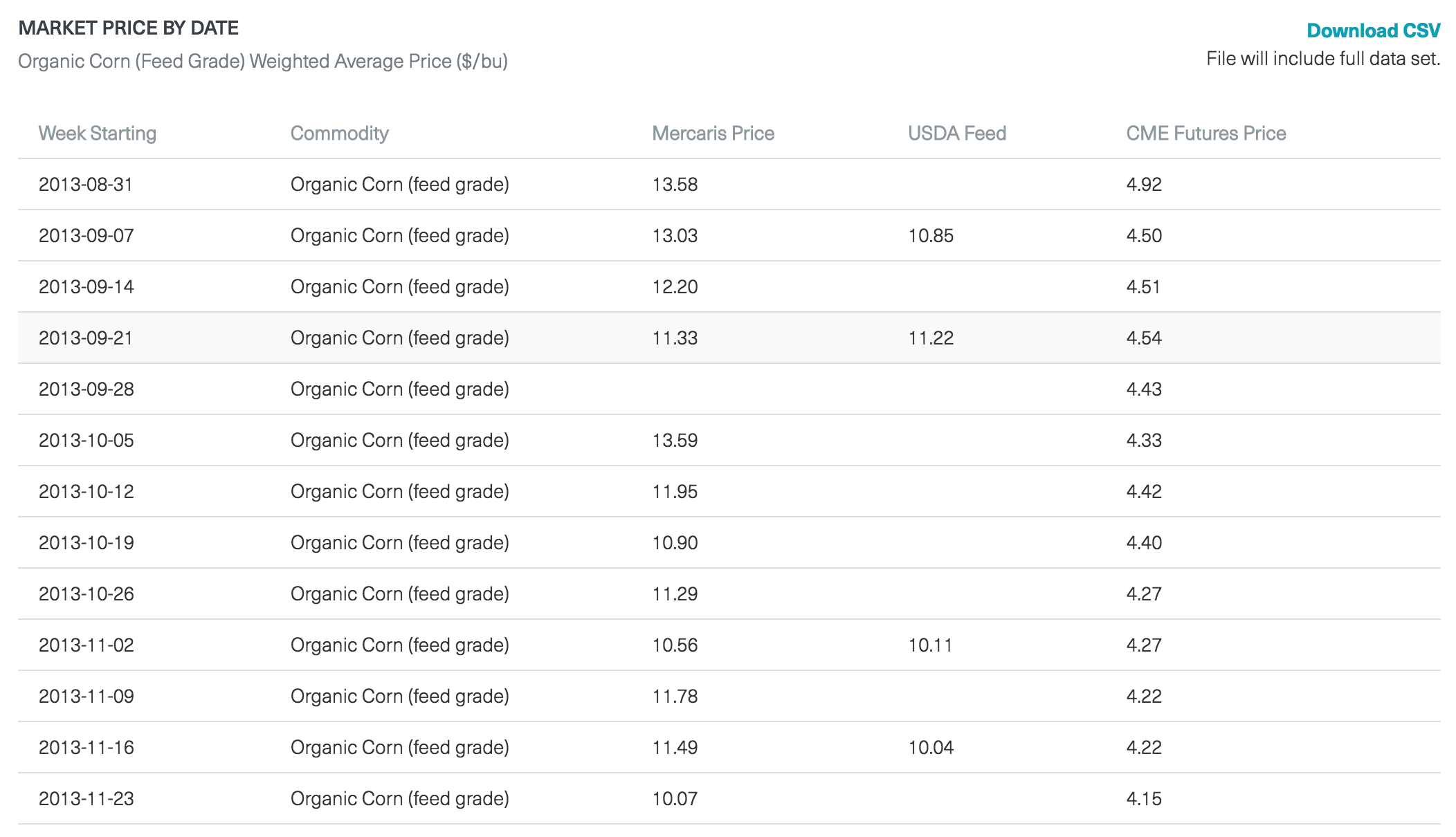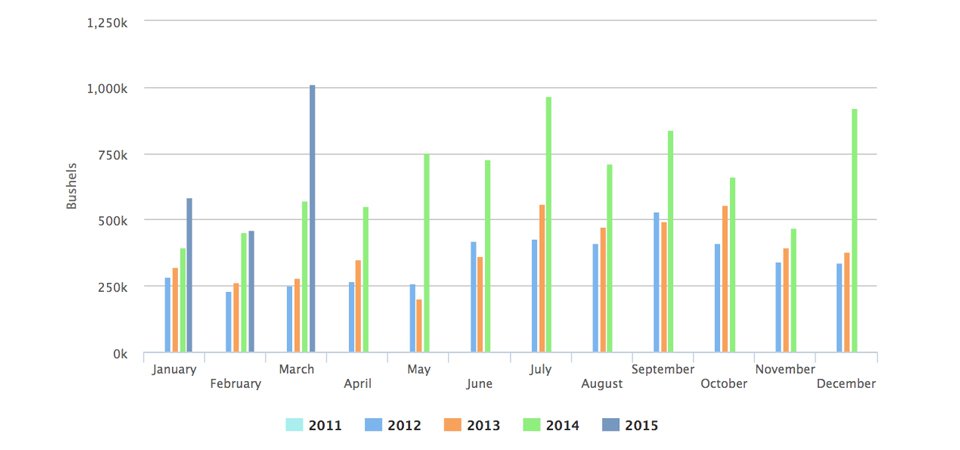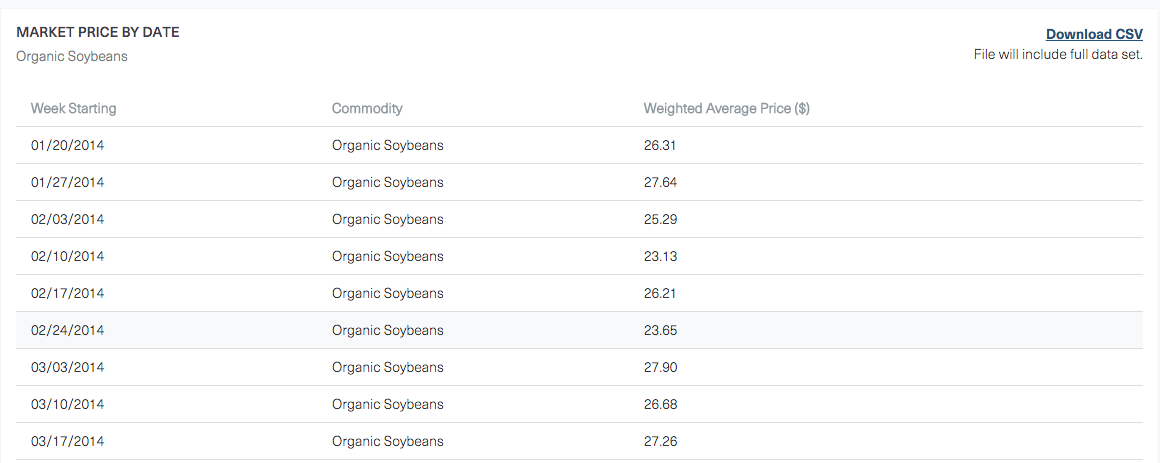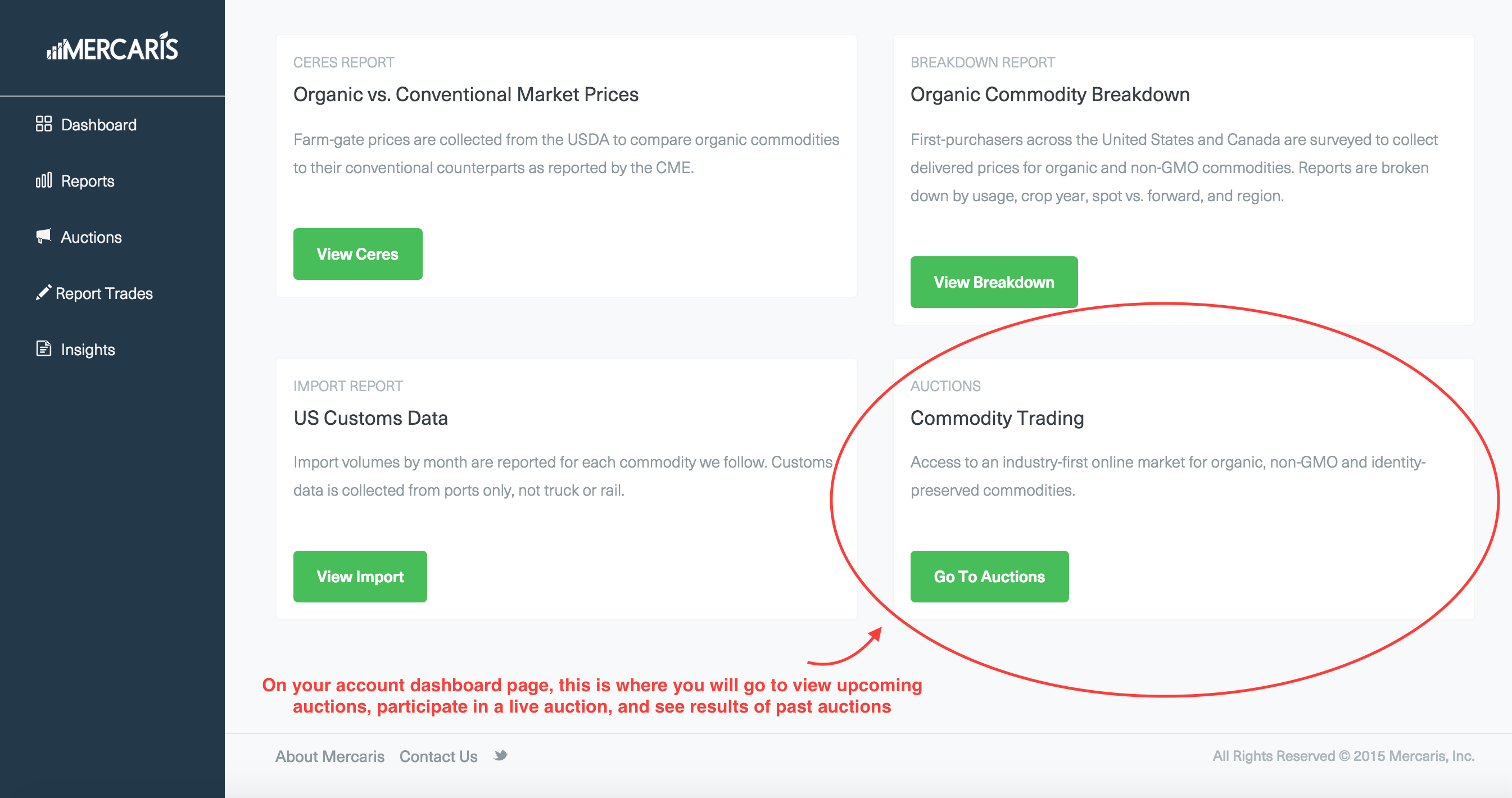US farmland is a major asset class and its value is important for various players along the agriculture supply chain. Both public and private institutions have conducted extensive research into the financial value of farmland in general; however, very little work has been focused on the value of USDA certified organic farmland, specifically.
Early university studies have demonstrated, on a limited basis, that organic farmland has a higher market value. However, more extensive analysis has not been undertaken nor shared with the sector in a way that enables organizations, farmers, banks and others to make meaningful decisions.
That’s why Mercaris has launched the Mercoterra initiative, which aims to specifically test the theory that certified organic farmland can support higher real estate values than comparable, conventional, farmland.
Two-phase strategy
Mercoterra is a partnership including; Peoples Company and Midwestern BioAg; it will involve two phases:
Phase One: a small, rapid study resulting in a white paper testing the hypothesis with certified organic row crop farms in several areas of the Midwest.
Phase Two: upon confirmation of statistically-significant variations in organic versus conventional farmland, Mercaris will build and launch a digital tool to enable stakeholders in the sector to track certified organic farmland prices.
Weighing earnings potential, up-front costs
For organic farmland, expected farm earnings can far surpass comparable, conventional farmland earnings due to the premium price that organic crops command, rising demand for organic food and fiber, and the barriers to entry for organic farming, which restricts certified organic farmland supply.
From the three-year transition period to learning organic farming practices to hiring an organic certifier—the up-front costs of transitioning are significant. Still, these high costs are broadly met with positive net effects; Mercaris data shows certified organic row crops generally receive a premium of 1.5 to 4 times conventional prices, making transitioning attractive.
Furthermore, consumer demand for these organic foods continues to grow. The Organic Trade Association reported that organic sales in the United States totaled a record breaking $49.4 billion in 2017, up 6.4 percent year over year.
Establishing a knowledge base that differentiates certified organic farmland values has numerous applications, one of which is a more comprehensive understanding of the entire value proposition of organic farmland. This understanding is essential for everyone from farmers to financial analysts looking to make informed decisions.
To learn more about Mercaris research and market insights, read about our team of experts.

